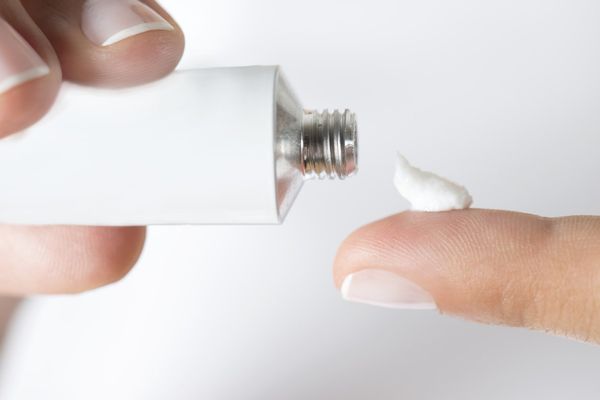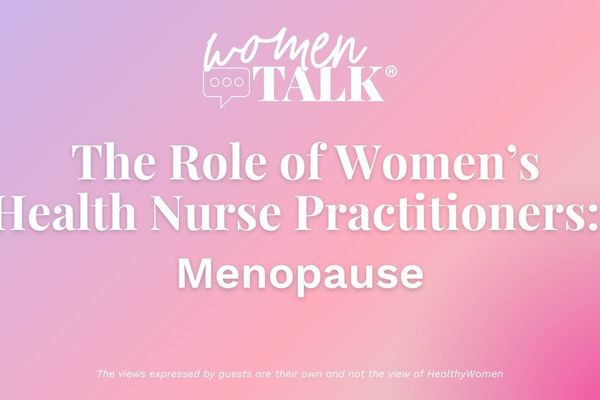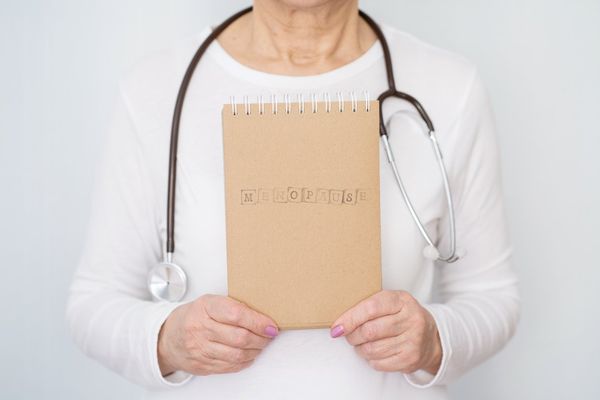A growing body of research finds that making some simple changes in your life can make a big difference when it comes to reducing the severity and number of milder hot flashes.
My favorite options:
- Exercise. Rack up another reason to take that walk! Compelling evidence suggests that regular exercise may reduce the number and severity of hot flashes. In one study, for instance, Swedish researchers evaluated 793 postmenopausal women on their exercise habits and the prevalence of hot flashes. Only five percent of highly physically active women said they experienced severe hot flashes, compared to 14 to 16 percent of women who had little or no weekly exercise. One possible reason, researchers theorized, is that regular physical exercise may have some effect on the brain chemicals that regulate body temperature.
- Quit smoking. It makes intuitive sense that since smoking is so bad for you in so many ways, it probably doesn't help with hot flashes. Now research bears this out. A study published in the February 2003 issue of the journal Obstetrics and Gynecology found that smokers were nearly twice as likely to have moderate or severe hot flashes as those who never smoked, and more than twice as likely to have daily hot flashes. The more they smoked, the more they flashed.
- Lose weight. It's no secret that overweight people suffer from the heat more, regardless of whether or not they're having hot flashes. But studies find that women with a body mass index (BMI) greater than 30, which is considered obese, were more likely to have frequent and severe hot flashes than women with a BMI under 25, considered a healthy weight.
- Add soy to your diet. While studies show little effect from the soy component isoflavones on hot flashes, they do suggest that adding soy to your diet can make a difference. Plus, the U.S. Food and Drug Administration has already noted the heart benefits of 25 grams of soy protein a day. So while the evidence is far from conclusive as to the daily benefits of soy, it certainly won't hurt to drink an eight-ounce glass of soy milk (11 grams of soy protein), microwave a couple of soy sausages for breakfast (12 grams of soy protein) or down a soy protein bar for a late-afternoon snack (14 grams of soy protein).
Talking to Your Health Care Professional About Menopause
It's important to find a health care professional with whom you feel comfortable discussing menopause-related concerns. To help you determine if your health care professional is the one, ask him or her some or all of the following questions:
- How many women in my age group do you treat? What percentage does this number represent of your total practice?
- Do you consider yourself up-to-date on menopausal treatment options including hormone and other therapies?
- I'm experiencing several different types of symptoms. Could they be caused by menopause?
- How will we determine what's causing my symptoms and if I am menopausal?
- If I am interested in alternative therapies, will you work with me to help identify those that might be helpful?
- How do the benefits and risks of HT apply to my personal health needs?
- If I start the treatment that you recommend, how soon will you be able to see me again to monitor the treatment for effectiveness and side effects?







